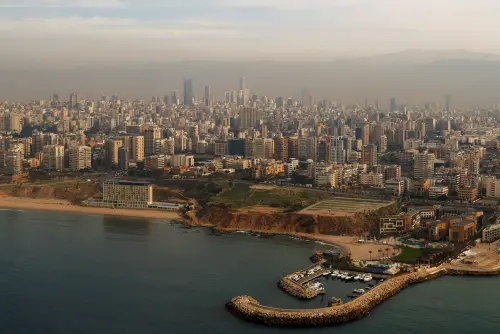Lebanon's new government, as per an approved policy statement, will engage in negotiations with the International Monetary Fund (IMF) for a new program to address the country's financial default and public debt. The policy statement emphasizes the necessity of restructuring the banking sector for economic revival, stating that this is crucial for Lebanon, which has been grappling with a financial crisis since 2019.
Despite a previous agreement with the IMF in 2022, pending reforms were not implemented. Finance Minister Yassine Jaber, part of the newly formed government, confirmed plans for an IMF mission visit in March and expressed commitment to pursuing necessary reforms.
Changes in Lebanon's political landscape are evident, with the policy statement reflecting a shift in power dynamics, notably moving away from previous acknowledgments of Hezbollah's role in Lebanon's defense. The statement highlights the government's pursuit of a state with full authority over matters of war and peace.
Additionally, the government aims to develop a national security strategy, a foreign policy emphasizing neutrality in conflicts, resume oil and gas exploration, and establish a Ministry of Technology and Artificial Intelligence. Lebanon also seeks to engage in discussions with the new Syrian administration to address border issues and assist displaced Syrians in the country.
